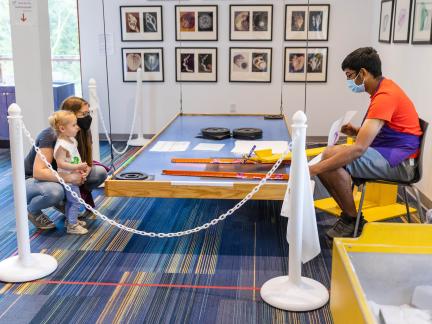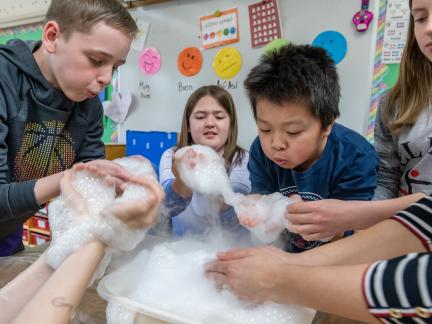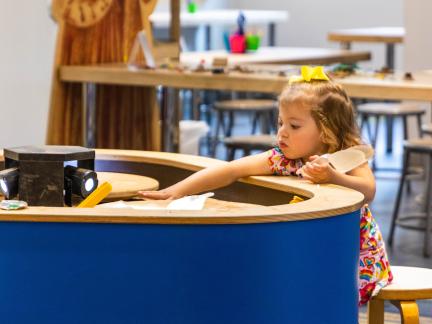Virtual Event: The Psychology of Artistic Behavior in Children
Event recording found here:
Dr. Winner will discuss the "U-shaped curve" in the development of artistry in the young child. Young children's paintings and drawings are high in play, exploration, and creativity, and they bear a striking resemblance to the works of some modernist artists such as Paul Klee, Juan Miro, or Hans Hofmann. But during the middle childhood years, creativity typically declines as artworks become conventionalized and far less creative. We call this the "literal stage." We see this same kind of decline not only in visual art but also in children's use of metaphorical language. For those who go on to become artists (or poets), there is later on a rise in creativity and exploration in adolescence. Dr. Winner will describe approaches to visual art education that stifle children's natural creativity, and other approaches that foster creativity as well as suggestions on how parents might use the creation of art as a tool to help their children through these difficult times.
Dr. Winner directs the Arts and Mind Lab, which focuses on cognition in the arts in typical and gifted children as well as adults. She has written over 200 articles and is author of four books and co-author of three, including 2018’s How Art Works: A Psychological Exploration. Dr. Winner has served as President of the American Psychological Association's (APA) Division 10, Psychology and the Arts in 1995-1996, and received the Rudolf Arnheim Award for Outstanding Research by a Senior Scholar in Psychology and the Arts from Division 10 in 2000. She is a fellow of APA Division 10 and of the International Association of Empirical Aesthetics.




